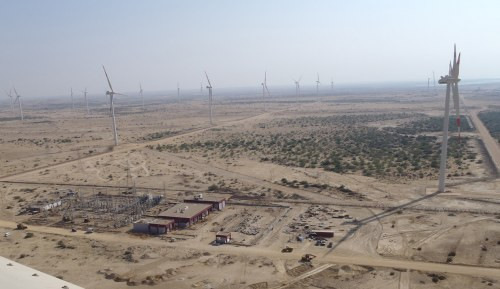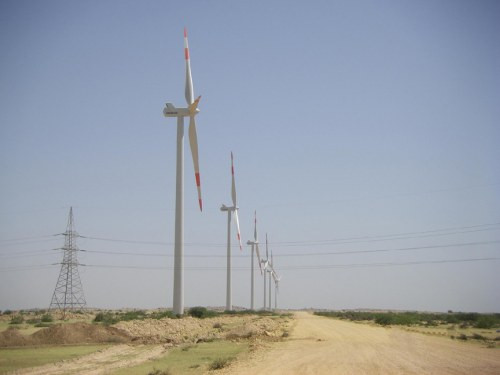ARCORA® International GmbH supports the following UN goals for sustainable development:
CARBON NEUTRAL PRODUCT

ARCORA® International GmbH
Product „PU-PAD® 2022“

Participant ID: DE-2875-0505
This certificate guarantees that the reported quantity of 9 tons CO2 has been saved in Gold Standard and VCS tested climate projects.
ARCORA® International GmbH has acquired shares (certificates) in climate protection projects corresponding to the calculated volume of 9 tons CO2 to offset the carbon emissions of “PU-PAD® 2022”, and therefore plays a transparent part in the realisation of the projects. This ensures that the company compensates for its own CO2 emissions, and thus scales back the rise in global warming.
The projects have been certified, and the issue and closure of the certificates is registered transparently.
ARCORA® International GmbH is therefore a voluntary participant in emissions trading, and thus makes a contribution to maintaining a viable environment by reducing the emissions of greenhouse gases. The holder of this certificate makes a sustainable contribution to the commitment to tackle global warming.
Frank Huschka



